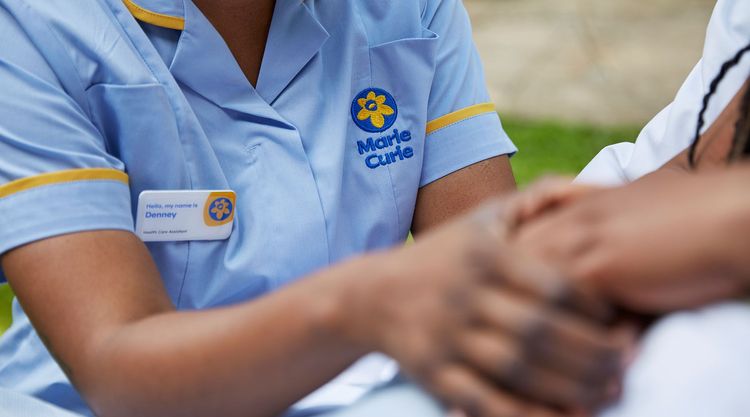Improving end of life care for patients in prolonged disorders of consciousness
Marie Curie Research Impact Fund
Researchers
Professor Jenny Kitzinger
Lead researcher
University of Cardiff
Lay abstract
Background
Recent developments in law and professional guidelines have led to an increase in best interests reviews of medical interventions for patients in Vegetative and Minimally Conscious States – known collectively as “Prolonged Disorders of Consciousness” [PDoC]. In particular, these reviews have addressed (dis)continuing clinically-assisted nutrition and hydration and, in some cases, it is found that such treatment has ceased to be in the patient’s best interests. Many healthcare professionals are now encountering their first patients in such situations and there is an urgent need to ensure they provide optimal care.
Research found that hospice staff are frequently unfamiliar with Prolonged Disorders of Consciousness and have unanswered questions about law and ethics. They may also not be up-to-date with the decision-making process or specialist palliative guidelines for Prolonged Disorders of Consciousness (from the BMA and RCP, 2018 and 2020). In other settings, such as neuro-rehabilitation centres, staff may be familiar with some such issues, but face other challenges e.g lack of experience with palliative approaches. This can lead to problems with looking after patients (and their families) in both settings and create distress within healthcare teams.
This research has already been translated into an online course to help support and update staff.
Aim
The project will offer this training for free to all nine Marie Curie hospices and to four other units (e.g. neuro-rehabilitation centres) and evaluate its impact. We will then refine the training and deliver on a plan for long-term sustainability. The project will not only help to improve holistic care for PDoC patients but will contribute to wider engagement with medical law and ethics, address the breadth of patient/family needs, and provide strategies for supporting staff with the impact of managing such situations. It will provide tools to upskill staff in dealing with emotive issues and addressing diverse cultural values (among staff and families).

